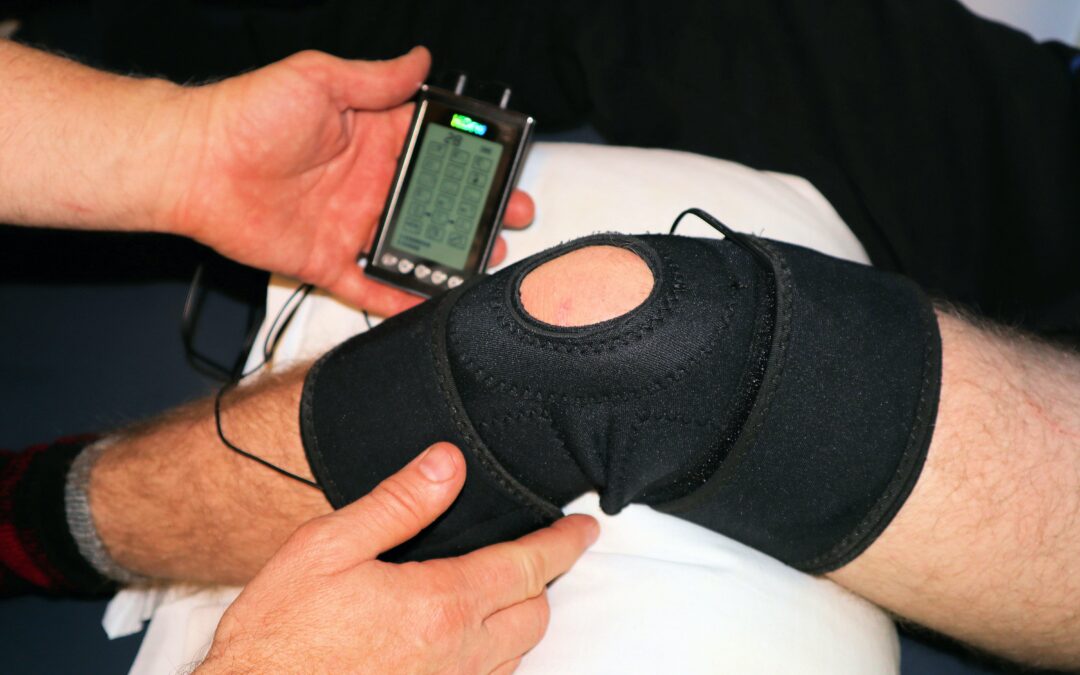Description:
Recovering Well From A Sports Injury
Recovering Well From A Sports Injury
For athletes and players of team-sports, getting sidelined by an injury can be a source of immense frustration. Missing out on an event can affect everything from emotional well-being to an athlete’s sense of identity.
The good news is that these feelings aren’t at all uncommon. And sports psychologists have figured out a number of effective strategies for how to deal with injury-related fears and issues of self-confidence.
The Art Of Visualisation
Even for sports people, the efficacy of visualisation should never be underestimated.
Countless studies have shown that whether we perform an action, or simply visualise ourselves carrying out such action, we end up stimulating the same area in our brains.
Even professional athletes know this to be true. Sports people like Olympic skier Lindsay Vonn and NBA point guard Stephen Curry swear by this valuable trick in the book.
Visualising yourself as fit and healthy will see you getting there in no time at all.
Set Realistic Goals
While most athletes are experts at setting goals for themselves, it’s tempting to fall into the trap of pushing yourself too hard, too fast.
Instead, set realistic and clear goals for yourself by using the tried-and-tested “SMART” technique:
- Specific. Set a specific goal, for example to run a distance of 5km at the same pace as prior to the injury
- Measurable. A goal should always be clear by being measurable. This will leave you with a sense of empowerment when that goal has been achieved. For example, a good running app will help you measure your progress as you work towards your goal.
- Attainable. An attainable goal means something that is achievable, i.e. something that has been achieved already – prior to injury. For example, knowing that you were able to compete in a 5km event before the injury, meaning this goal will once again be attainable post-recovery.
- Relevant. Goals should be relevant in order to truly matter or make a difference. For the purpose of our example, being relevant is having the desire to run again because it’s good for physical, emotional, and mental health.
- Time-bound. Allowing sufficient time for an injury to heal properly is important if a runner is going to keep running. Goals should be time-bound if they’re going to be measurable.
Choose Optimism
When a challenge arises, many people give in to negative thoughts. It is easy for the mind to become clouded with self-destructive thoughts.
A good idea for helping to side-step this downward spiral is to keep a personal mantra somewhere personal but accessible, such as on a mirror or in your wallet. Then, when doubts threaten to derail you, you’ll have a positive affirmation to combat negative thoughts and feelings. You should also keep busy with things you enjoy, whether this means playing at a live casino online, reading a book, or watching a series.
Live In The Present
Athletes are competitive, and as such, impatient by nature. We want to recover – and we want that recovery to be immediate.
But the reality is that most injuries require time and more than just a bit of patience to heal. Remember that healing happens one moment and one day at a time. Living in the present will help this truth set in, thereby calming the mind and the soul.
